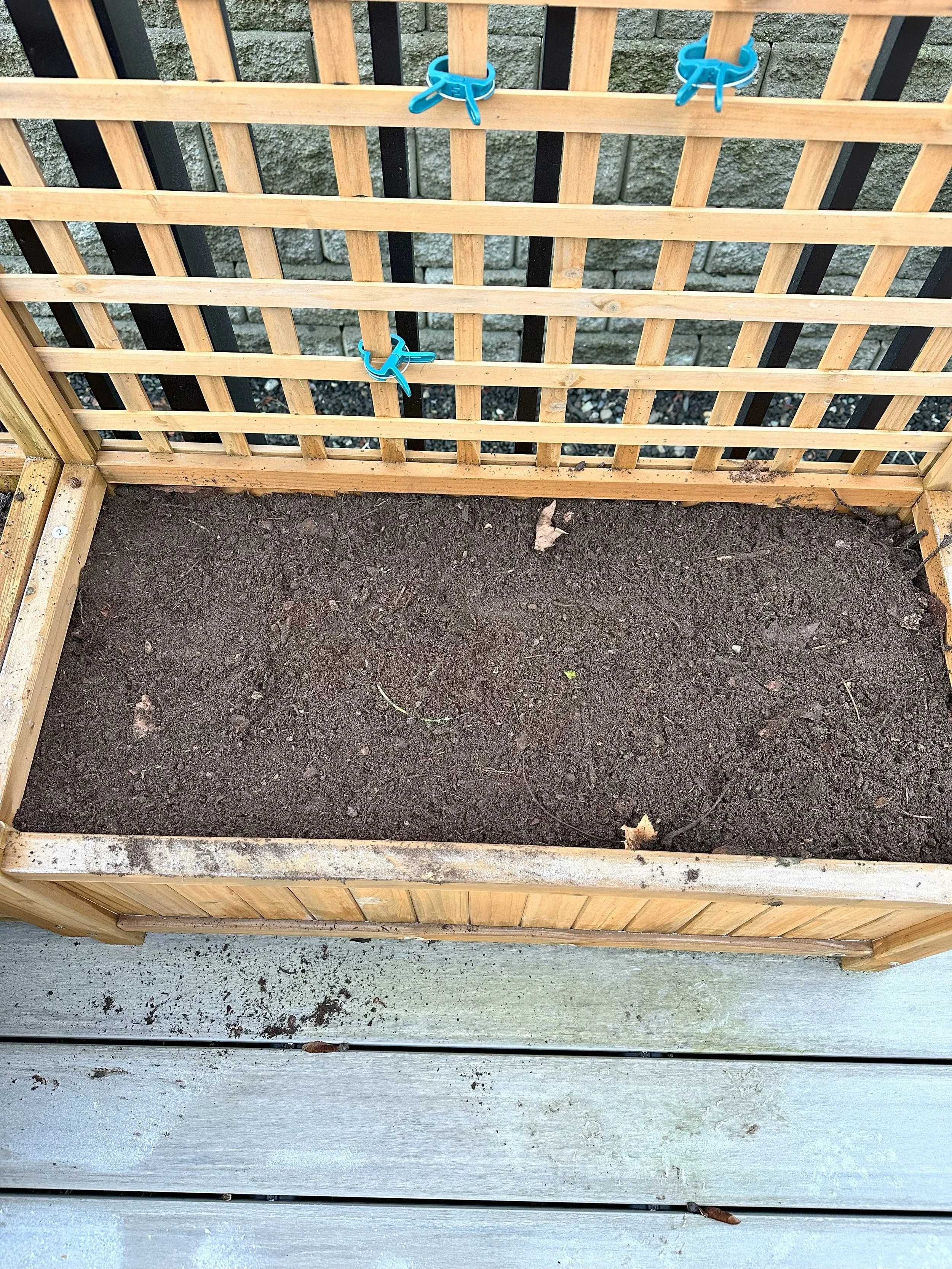January Garden Jobs: Designer Dirt and Mulch Secrets from a Garden Designer in Seattle
#1 January Garden Job: Collect and Create 'Designer' Garden Dirt and Mulch for Free
As a garden designer in Seattle, I'm always thinking about dirt and mulch—how to get it and where it needs to be applied. Dirt and Mulch are truly a gardener's best friend, and January is the perfect time to start hunting for free materials. Here’s how I turn local treasures into what I like to call "designer" dirt and mulch for my plants.
Why January is the Best Time for Dirt and Mulch Collection
In Seattle, rain dominates from October to January. When the leaves fall, they’re heavy and soggy, making it inefficient to collect them right away. But when we get a rare dry winter weekend, it’s go-time for me to gather the piles of “gold” created by mow-and-blow teams. This last weekend was perfect, and between running my kids to basketball and gymnastics, I squeezed in a one-hour leaf-collecting mission. I grabbed my bins, snow shovel and trash bags that I reuse over and over again.
The Cost of Dirt and Mulch
Each year, I plant and divide hundreds of plants. The cost of dirt and mulch for a single $19.99 plant can match the plant's price—sometimes more. And cheap plants from big-box stores? They need even more help from quality soil to survive. That’s why I make my own ‘designer’ mulch and dirt. It’s sustainable, free, and just as fancy as any gourmet meal—but for plants.
How to Make Designer Mulch
There are three essential ingredients for creating your own designer mulch:
Local Leaves (Free): Collect pesticide-free, unsalted leaves. These are the foundation of great mulch and dirt.
Chip Drop (Free): Use the Chip Drop app to request wood chips from local arborists. I’m already on my second load for 2025.
Coffee Grounds or Worm Castings (Free-ish): Add coffee grounds for a boost or invest in worm castings for added richness.
Making Stylish Compost Bins
For storage, I create simple yet chic compost bins using chicken wire and 18 inch stakes. Not only are these bins functional, but they also add a modern, artistic touch to the garden. I place them strategically around my yard, making it easy to grab mulch for barren spots or weed-prone areas. Trust me, 3-4 inches of mulch over every exposed patch of soil will save you countless hours of weeding, watering, and plant-tending.
Mulch vs. Dirt
Here’s the key difference:
Mulch is less decomposed and works best around less mature plants or for weed prevention.
Dirt is fully decomposed and ready to nourish your garden.
When collecting leaves, the deeper layers of a pile are more decomposed, heavier, and closer to dirt. These layers are pure designer gold for your plants!
How I Gather and Use My Materials
With trash bags, garden bins, and a snow shovel in hand, I collect dry leaves from my mental map of “gold” piles. Once home, I:
Fill compost bins with leaves.
Layer on partially decomposed wood chips.
Add coffee grounds or worm castings.
This process can double as a workout! Throw on a weighted vest, track it as exercise, or catch up on podcasts. It’s a win-win.
Planting in Designer Dirt
After filling a raised garden bed with my freshly harvested dirt, I planted French Breakfast radish seeds. Will they thrive? Who knows! But it was so satisfying to plant those little seeds in free, perfect dirt. Stay tuned to see if I get radishes—I’ll pickle them and share the process.
Mulch is your garden’s best friend, and making it yourself doesn’t have to be hard. With a little effort and creativity, you can save money, reduce waste, and give your plants the luxurious care they deserve. Happy gardening!
xoxo,
Shanelle
Mushroom Compost:
Organic Valley 40 lb. Mushroom Compost: Offered by True Value Hardware. Made from composted mushroom manure and other organic materials, it's OMRI listed and safe for organic gardening. Price: $5.47 per 40 lb. bag.
Leaf Compost:
Cedar Grove Compost: Cedar Grove in Seattle provides locally made, 100% finished compost derived from recycled yard and food waste. It's available in bulk or bags. Bulk compost is priced at $38.50 per yard, with delivery fees varying by location.
Free Wood Chips:
ChipDrop: A service that connects gardeners with local arborists who have excess wood chips. By signing up and placing a request, you'll be added to a list in your neighborhood for potential free wood chip deliveries.
Pacific Arboriculture: Offers free wood chip deliveries in the greater Seattle area. They provide fresh arborist wood chips suitable for various landscaping projects.

















